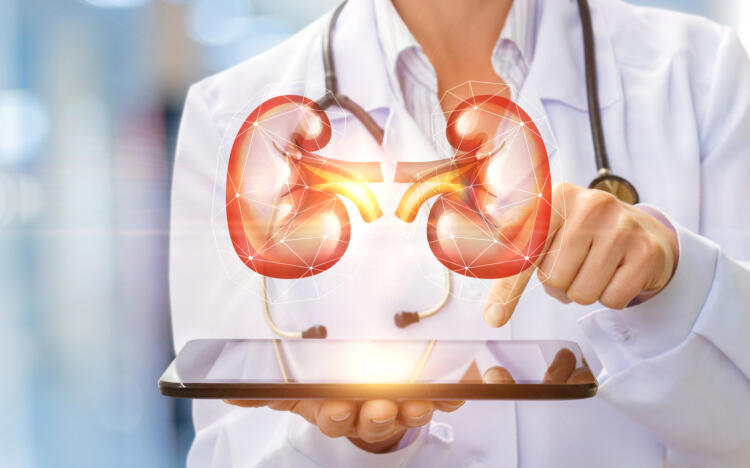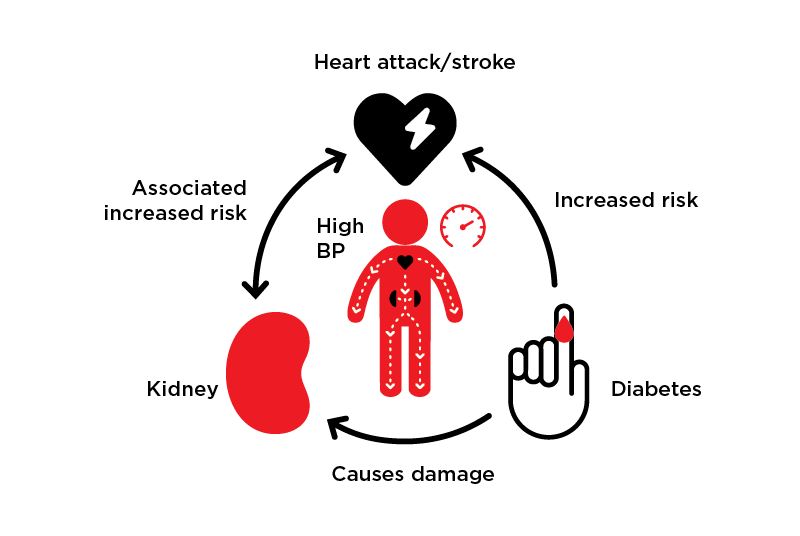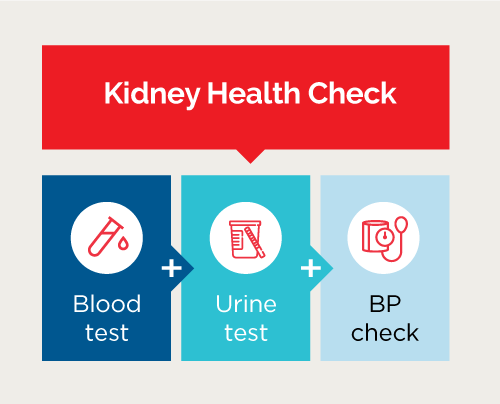How do I know if my kidneys are healthy and why is it important?
Your kidneys do many important jobs to keep you healthy. But most people with chronic kidney disease do not notice any symptoms, especially in the early stages.
A Kidney Health Check can help you and your doctor find out how well your kidneys are working. Read on to learn about your kidneys, chronic kidney disease and what a Kidney Health Check involves.




